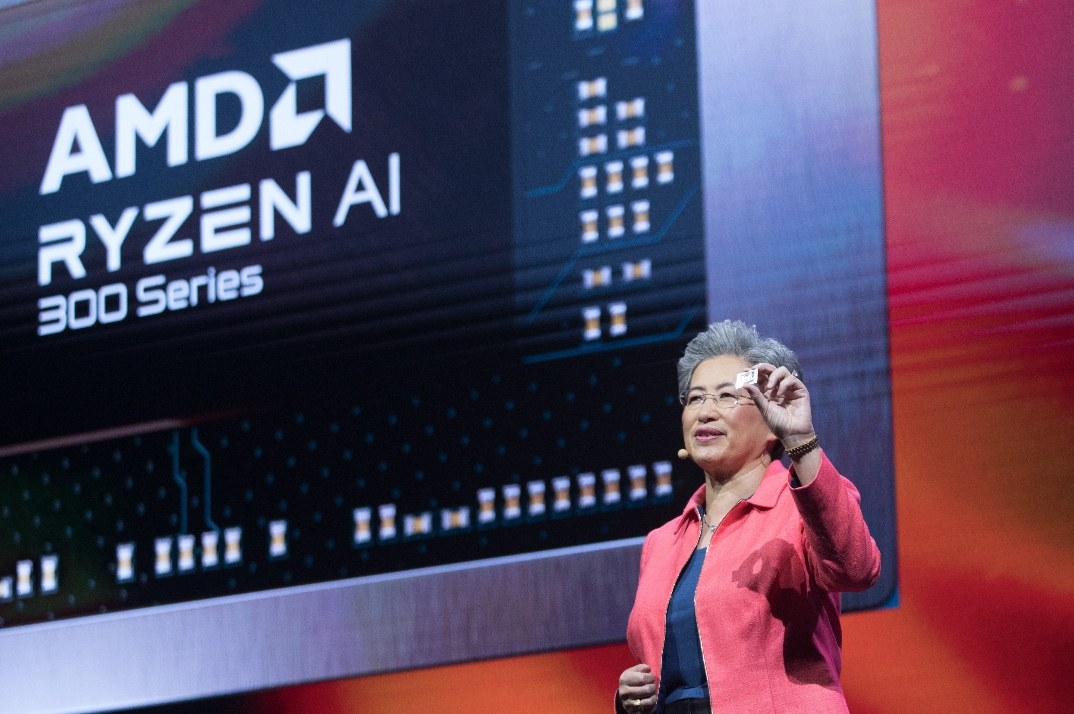Why Did ASML Shares Crash 16% After Earnings?

TradingKey - Global investors in tech stocks look to the earnings of the “big two” semiconductor firms of ASML NV (NASDAQ: ASML) and Taiwan Semiconductor Manufacturing Co Ltd (NYSE: TSM) – also known as TSMC – for crucial indicators of broader demand for computing power in the tech world.
While ASML was scheduled to release earnings before the market open on Wednesday (16 October), a “technical error” meant its latest Q3 2024 results were briefly available on the company’s website before the market opened on Tuesday (15 October). This link was taken down but the company decided to release its full numbers before midday – in the US – on the same day.
ASML’s latest numbers disappointed and the chipmaking machinery producer’s NASDAQ-listed shares initially cratered around 14%. In the end, ASML shares ended Tuesday’s trading day down 16.3% while they fell another 6.4% on Wednesday. Here’s what investors should know about why the market was so upset with its earnings.
Big miss on bookings
Net sales (revenue) for ASML in Q3 2024 actually came in ahead of expectations at €7.5 billion (US$8.2 billion) – above the high end of the guided range. However, it was the big miss on bookings that spooked investors.
ASML recorded €2.6 billion in bookings for the third quarter of 2024, way below the average analysts’ estimates (surveyed by Bloomberg) of €5.39 billion. That figure for Q3 2024 was also a big fall from the €5.6 billion in net bookings that ASML recorded for Q2 2024.
ASML Net Bookings (€ billion)
Sources: Bloomberg, company disclosures
This miss resulted in the biggest one-day drop in ASML’s Amsterdam-listed shares in over 16 years and also lead to its NASDAQ-listed shares finishing the day down just over 16%. The poor bookings number also suggests that the recovery in the semiconductor industry may turn out to be much more gradual than expected.
Mixed fortunes within the chip space
While specific chip names, like Nvidia Corp (NASDAQ: NVDA), are booming amid the AI-driven craze, the broader semiconductor industry is facing mixed fortunes.
That was made more obvious in ASML’s earnings as robust demand from AI-related sectors was offset by a drawn-out slump in orders from sectors such as automotive and industrial. Many customers in those sectors are cutting back on new orders given an excess of inventory.
In ASML’s official earnings call with analysts on Wednesday, CEO Christophe Fouquet commented that there has been a particularly slow recovery in demand for chips in the automotive, mobile, and PC markets.
Uncertainty with China business
Finally, even with all the headlines surrounding restrictions of shipping ASML’s cutting-edge extreme ultraviolet lithography (EUV) machines to China, the country still makes up a significant portion of net sales for the company.
In fact, in Q3 2024, China sales made up 49% of its total top line during the quarter. China was, by far, its biggest market (by geography) over the past two quarters. However, ASML CFO Roger Dassen said that the company is projecting its China sales to account for around 20% of total revenue in 2025. According to him, this a “normal percentage” for that markets.
Yet questions will remain on how much of an impact – or overhang – the company’s reliance on China will be over the medium to long term, given the geopolitical pressures on ASML from both the US and Dutch governments.
Continued worries over ASML’s poor overall earnings weighed on the stock further on Wednesday – post-the earnings call – and the firm’s NASDAQ-listed shares ended the day down a further 6.4%, taking its two-day decline to 21.7%.






